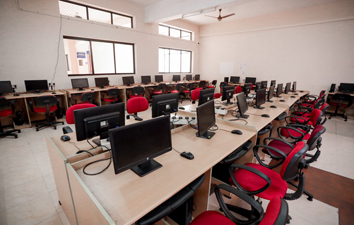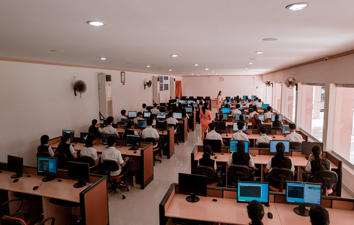
The Computer Centre offers a wide range of facilities aimed at supporting student learning and research. Students have access to a feedback system where they can provide input on their educational experience, ensuring continuous improvement. The centre also provides browsing and printing facilities, enabling students to conduct research and prepare coursework efficiently.
In addition, the Language Lab is equipped with resources and support for enhancing language learning and communication skills. It serves as a valuable resource for students aiming to improve their proficiency in various languages.
Moreover, the Common Computing Facility provides students with access to essential software and tools necessary for academic and research purposes. This facility ensures that students across different disciplines have the resources they need to excel in their studies and projects.
Overall, these facilities are designed to enrich the learning experience, foster academic growth, and support students in achieving their educational goals across diverse fields of study.
Computer Centre Details
- Total number of computers: 72
- Total number of machines utilized: 72
- Operating Systems: Ubuntu 16.04, windows 10








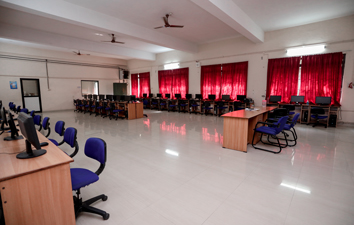
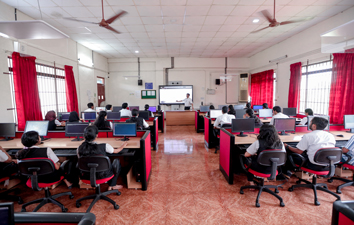 (DBMS, OOPS Lab)
(DBMS, OOPS Lab)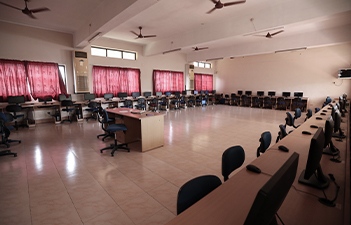 (Project lab)
(Project lab)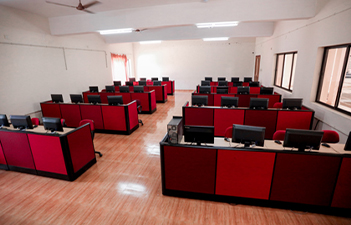 (Logic system design lab, Control System lab, MP&MC lab, Analog circuit lab, Analog circuit and simulation lab, Digital lab,Power Electronics Lab,Power System lab)
(Logic system design lab, Control System lab, MP&MC lab, Analog circuit lab, Analog circuit and simulation lab, Digital lab,Power Electronics Lab,Power System lab)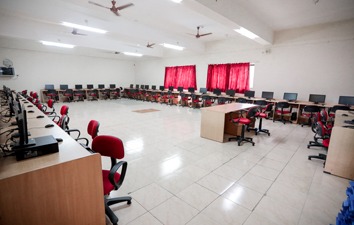 (Database Lab, Data Structure Lab, Mini Project, OS Lab, Networking Lab, Planning Drafting Lab, Machine Drawing Lab, DSP Lab)
(Database Lab, Data Structure Lab, Mini Project, OS Lab, Networking Lab, Planning Drafting Lab, Machine Drawing Lab, DSP Lab)